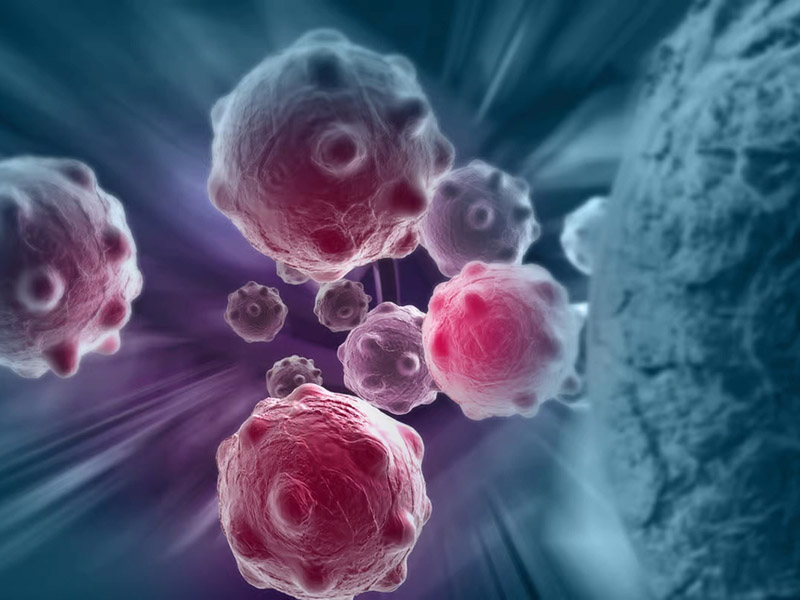Some diseases cannot only affect you to cause harm to your body but can end your life. You will find many such diseases around the world.
One of these harmful diseases that has taken the lives of millions of people is cancer.
Considering how fatal it is, it’s important to know as much as you can about cancer because you can’t avoid what you don’t know.
You will be happy to know that we will be enlightening you about the nitty-gritty of cancer in this blog.
As you read ahead, you will get to know:
- What is cancer?
- How many stages of cancer are there?
- How long does stage one cancer last?
- I have cancer and can’t work
- Can carcinoma spread?
Read Bonus: Do Insurance Companies Refuse to Cover Alternate Medicine?
So, without further a do, let’s start.
What is Cancer?
Cancer is a collection of multiple complications in your body. No matter which type or stage of cancer it is, it starts by affecting your body’s cells.
With trillions of cells in the body, cancer has a large area to cause max damage. The normal process is when the cells become old or damaged, they die, with the new cells taking their place.
This chain of events alters when cancer affects the cell. Rather than being replaced, the obsolete cells remain in the body. They not only cause complications but also start to multiply, spreading throughout the body.
Some of the most common parts of the body where cancer spreads and can cause problems are:
- Lung
- Stomach
- Liver
- Breast
- Rectum

How many stages of cancer are there?
As the stage number increases, so does the severity of cancer. This level of severity is called stages of cancer.
Health professional diagnoses and treat cancer patients according to the stages of cancer. Stages of cancers tell how severe the condition is.
Cancers are categorized into four stages:
Stage 0: Tells us that there’s no cancer yet, but there are old cells in the body. This stage is perhaps the most curable. You can take care of those cells before they cause damage.
Stage 1: Suggests that cancer has grown and started spreading, but it’s in a specified area. It is also known as the early stage of cancer.
Stage 2, 3: Indicates that cancer is growing and spreading even more. The spread may have reached the lymph nodes, a filter of fluid circulating through the lymphatic system.
Stage 4: Gives us the warning that cancer has well and truly started spreading throughout the body and its organs. This stage is also referred to as advanced cancer.
Apart from these four stages, some types of cancers have a different way of judging the severity. These factors can be
- Tumor location and size
- Type of cells affected
- Chances of the tumor being removed
- Cancer spread
- Possibility of cancer spreading to the brain
How long does stage one cancer last?
As we had touched upon above, stage one cancer tells us that cancer has started to spread, but in a specific area.
Stage one cancer is not harmful YET. Reason being that it has not spread to the lymph nodes or the other body parts.
May it be Stage 1:
- Breast Cancer
- Lung Cancer
- Prostate Cancer
Or any other type, it is confined and can be stemmed out.
For taking care of your Stage 1 cancer, you can have a series of tests, along with surgery to cure it, before it aggravates.
At IYA Medical, we have all the required equipment and tests available to deal with your cancer condition. Along with having skilled individuals who know how to take care of you.

I have cancer and can’t work:
For people who have cancer, their physical and phycological state is affected negatively. Cancer treatment can have major side effects. These can be long-lasting to permanent.
Working during your cancer treatment can be a huge ask.
It all depends on various factors like:
- How mentally and psychologically fit you feel.
- What is your cancer stage?
- What is the nature of your work?
If you or your company management feels you can’t sustain the work requirements, you can lose your job.
“What do I do now?”
You can find some effective and valuable programs and insurances to assist a cancer-affected person.
Some of the insurances to opt for are:
What these insurances do is give you certain benefits that will contribute to your wellbeing.
It would be a good idea to be proactive and opt for insurance before undergoing treatment. You never know what your condition will be in the future and how severely it will affect you.
Can carcinoma spread?
A common type of cancer, carcinoma, starts from the cells of the skins.
Like almost all cancer types, carcinoma is no different. It can either spread throughout different parts of the body or stay in a specific region.
Forms of Carcinoma:
There are different forms of carcinoma cancer. Each of these forms has its own severity and pattern to spread across the body. Some of these forms of carcinoma are:
Carcinoma in situ: This is the earliest stage of carcinoma, which only affects the cells it started from. It does not spread to other parts of the body.
Invasive Carcinoma: Things start to get serious, and cancer starts to expand in the nearby cluster of cells. Even now, cancer doesn’t spread to other parts of the body.
Metastatic Carcinoma: The most dangerous form of cancer, it starts to grow in different body parts. If the cancer is not taken care of before this, the effects can be damaging.
Types of Carcinoma:
Some of the common body parts and cells where carcinoma can affect are:
Renal Cell Carcinoma: This is when cancer forms in the tubes of the kidney. As cancer grows, it may obstruct one or both kidneys.
Basal Cell Carcinoma: This cancer is caused in the skins, on various layers. Usually, the cancer is known to spread slowly.
Ductal Carcinoma in situ: A common type of cancer in the breast. It starts from the milk duct and starts to spread around the cell of the breast.
Conclusion:
You must have noted after reading all this that cancer is not just one disease. These are different types of diseases, which require a different level of attention.
Going through all the varying characteristics of cancers, you now have a better understanding of them.
The sooner you manage to detect cancer, the more chances you have to take care of it. As the stages increase, the more complicated situation will get.

